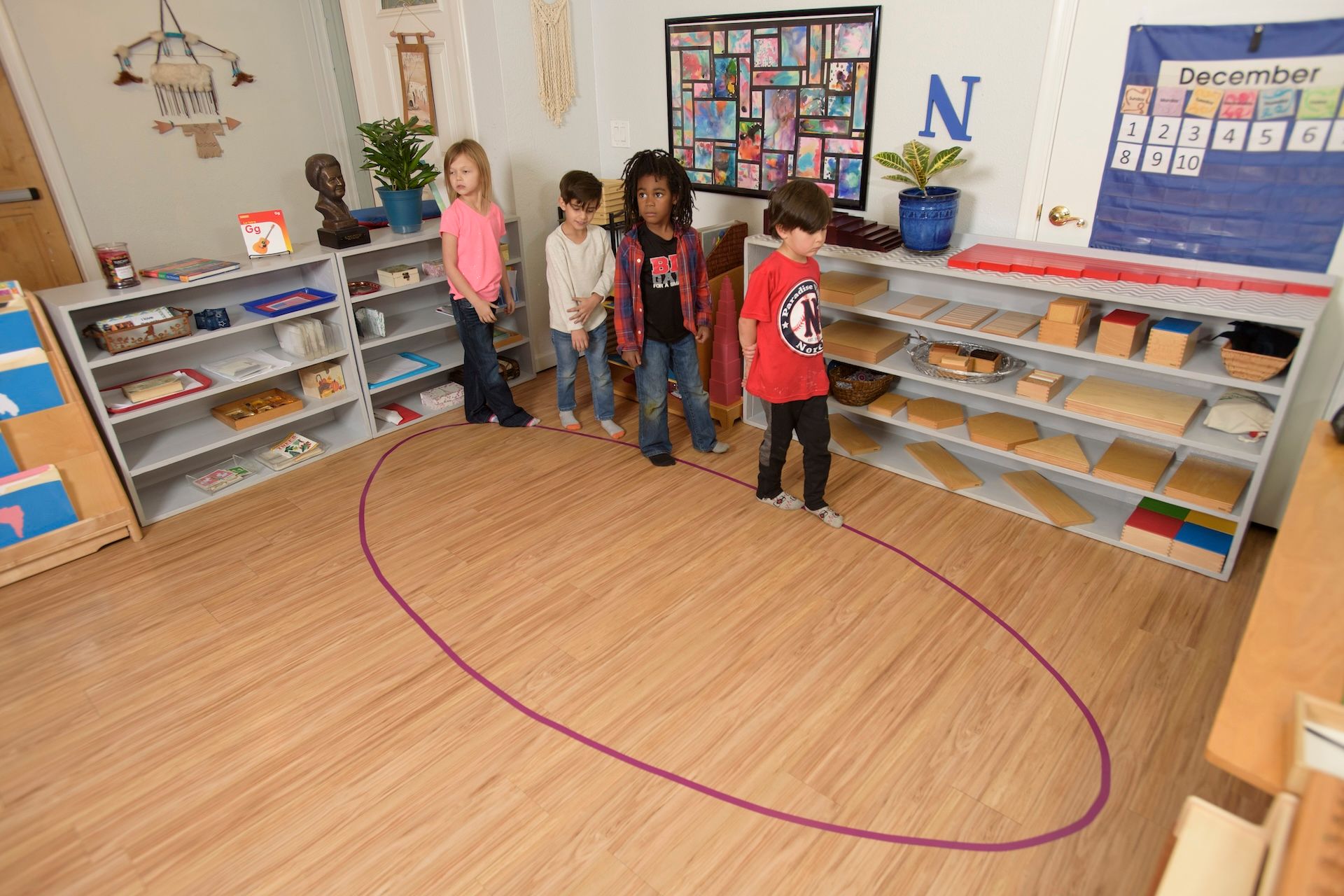Critical thinking and independence are some of the most important values that can be instilled in young people to make them successful adults. Parents want to empower their children but aren’t always sure of the best way to go about it. They want their kids to become full people but know that the surrounding influences will often drown out what’s going on inside. One of our goals as educators is to help children develop their independence, directly and indirectly, so that they become satisfied, self-sufficient adults.

Part of everyday life in a Montessori classroom includes learning about and maintaining domestic spaces, from cleaning and cooking to organizing and dressing. As students develop competence, they begin to feel more confident in their space and their ability to care for themselves increases at a rapid rate. The small group environment also improves socialization and linguistic skills. One study found that 12-year-olds with a Montessori background score higher on tests of social and behavioral development than their peers. These skills stay with them long after they’ve graduated from the Montessori program. They’re better prepared in college and already have thorough experience managing their time and working in groups. Those who attend traditional schools often go to college and feel somewhat unprepared for the level of freedom they have. Montessori students have the benefit of already knowing how to structure their own learning effectively.
Montessori instructors also work with students on a more emotional level to try and unravel their mysterious desires. In Dr. Montessori’s handbook, she notes that their wants are frequently unconscious. Montessori teachers are less likely to view anger as a sign of a troublemaker and more likely to try and get at the root of the complaint. When teachers are able to identify these and help students voice the things that matter to them, the children learn more about how to interpret the signals coming from their own bodies. To be able to hear yourself and become self-aware is difficult. The earlier children start learning how their emotions work, the easier it becomes for them to express and regulate those emotions as they age. Emotional regulation is a critical part of any child’s development. A child’s ability to regulate their emotions can mean the difference between success in social situations, academics, and future employment. These interactions also raise more empathetic children who are more likely to take a nuanced approach to understanding people. Their adult relationships and interactions will be much more productive if emotional regulation is mastered early on.
Ultimately, one of the ongoing goals of our education system is to teach children how to be healthier and more creative adults. Dr. Montessori also observed that achieving independence isn’t a “static” goal but something that requires ongoing maintenance. Students with a Montessori education learn a certain set of skills that allow them to excel in collaborative situations and manage their time well. The critical thinking skills combined with the emotional development of the Montessori curriculum forges a confident adult who has the ability to take on any challenge.
The post Independent Children, Productive Adults appeared first on Pebblecreek Montessori.
Hours
MONDAY - FRIDAY
HALF DAY: 8:30a – 12 noon
ACADEMIC DAY: 8:30a – 3:30p
EARLY CARE: 7:00a – 8:30a
AFTER CARE: 3:30p – 6:00p
OFFICE: 8:00a - 4:00p
Programs
Connect
Pebblecreek Montessori




